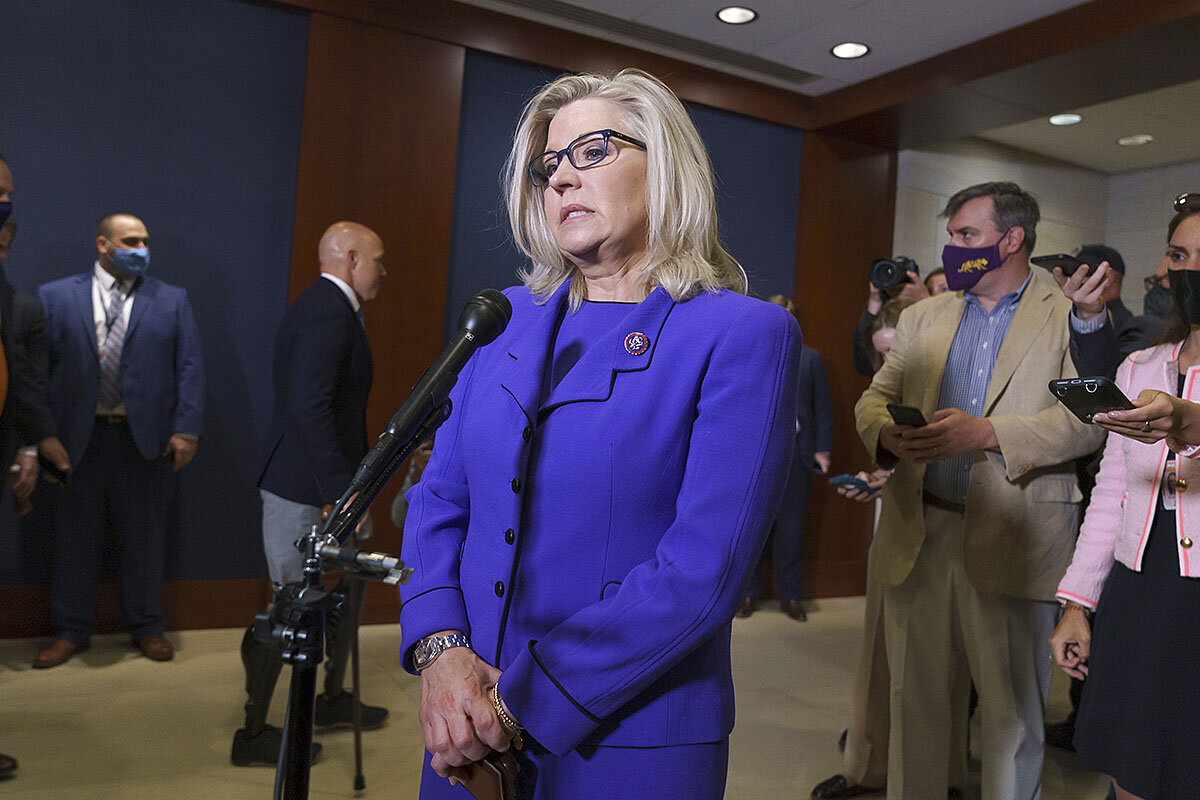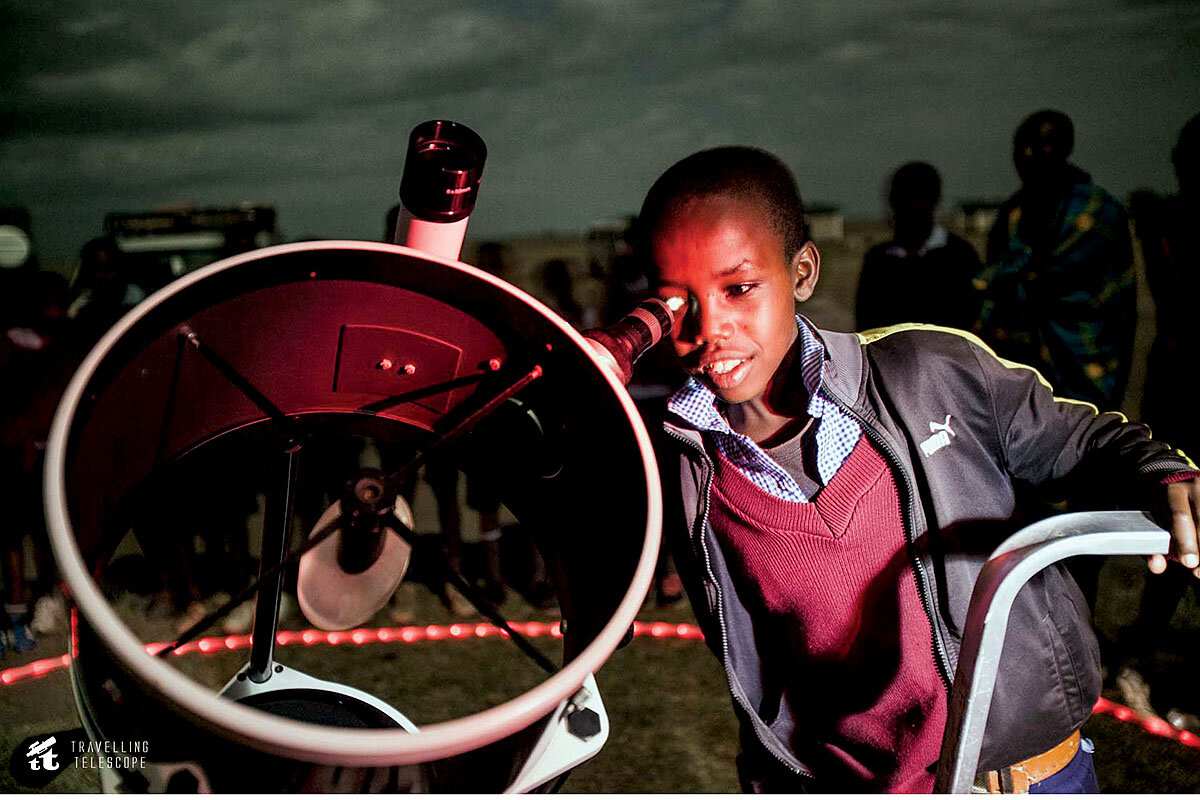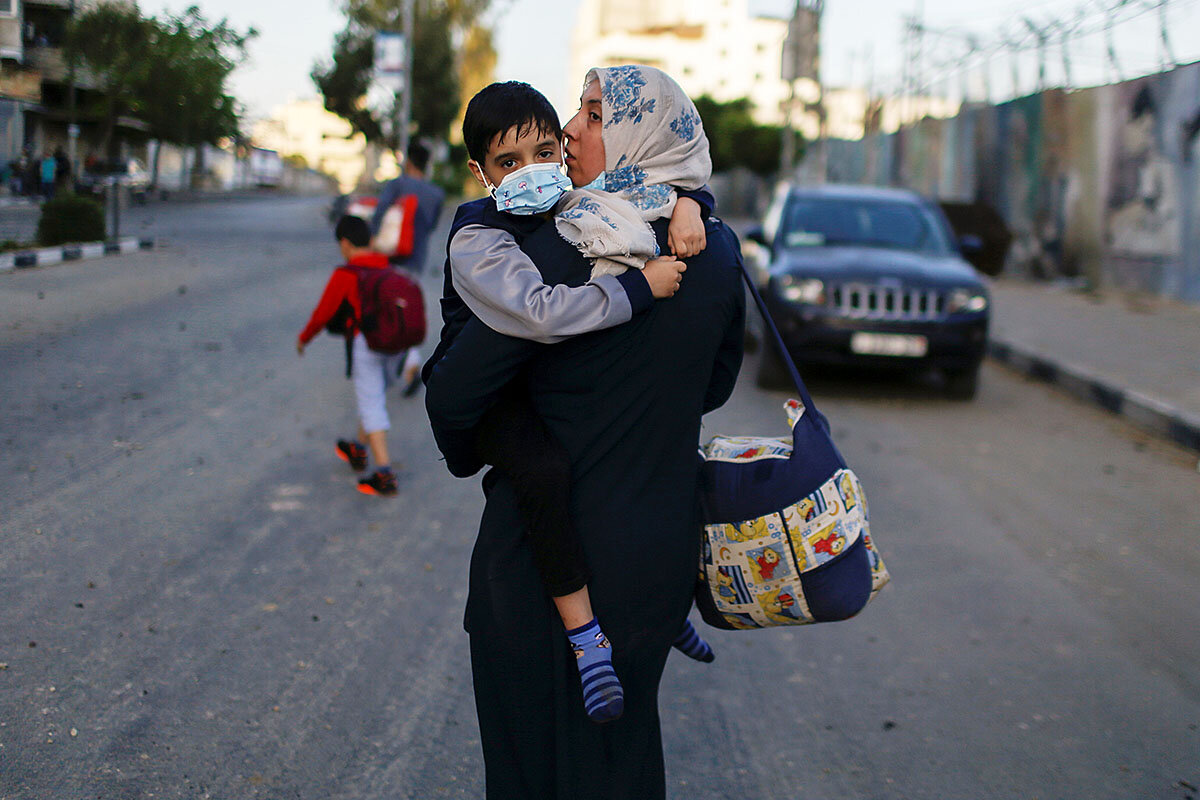What do Americans worship? Our reporter finds that political followers are embracing conservative or liberal values – and communities – with the same moral certainty and devotion once given to religion.
Monitor Daily Podcast
- Follow us:
- Apple Podcasts
- Spotify
- RSS Feed
- Download
 David Clark Scott
David Clark Scott
There are all sorts of ways to get America back to work.
In recent days, the Republican governors of Alabama, Arkansas, Iowa, Mississippi, Missouri, Montana, North Dakota, South Carolina, Tennessee, and Wyoming announced they are ending the $300 per week federal pandemic-relief unemployment benefits provided on top of state assistance. “It’s time for everyone who can to get back to work,” Iowa Gov. Kim Reynolds said Tuesday, while noting the state has a 3.7% unemployment rate.
While some states are cutting benefits, Skyler Reeves is boosting them. Go to work at one of the five restaurants Mr. Reeves owns in Prescott, Arizona, and after three months working full time, he’ll pay the full tuition ($2,492) at Yavapai College, a local community college.
Such tuition assistance programs are increasingly common at big chains, such as Starbucks, Chipotle, and McDonald’s. As the Monitor reported, restaurants are struggling to find workers, and are turning to creative incentives, including signing bonuses of $3,000. The Illinois-based Portillo’s Hot Dogs chain is offering $250 hiring bonuses, paying social media influencers to promote openings, and driving around a “beef bus” to help recruit workers, reports The Wall Street Journal.
Is Mr. Reeves’ tuition offer working? In the first week, the number of job applicants went from zero to 20 people. He tells ABC15-TV in Phoenix, “I’ve always wanted to have a company where people really want to come work for it.”










